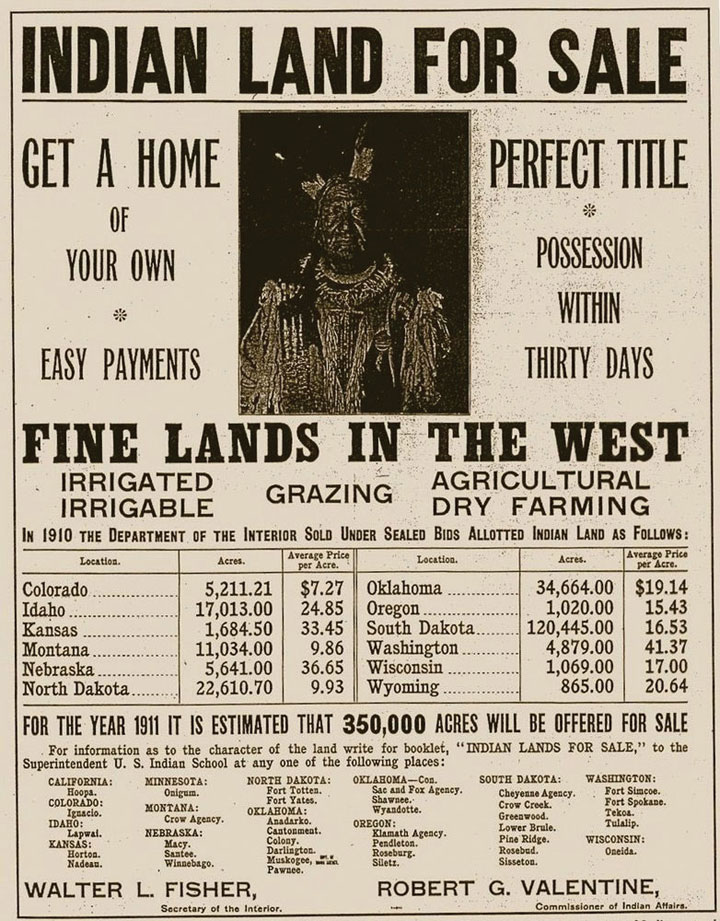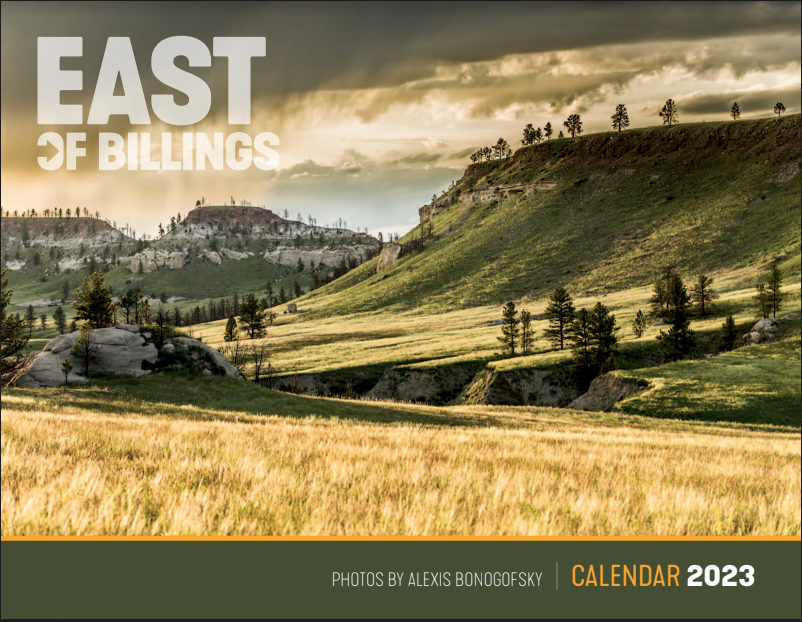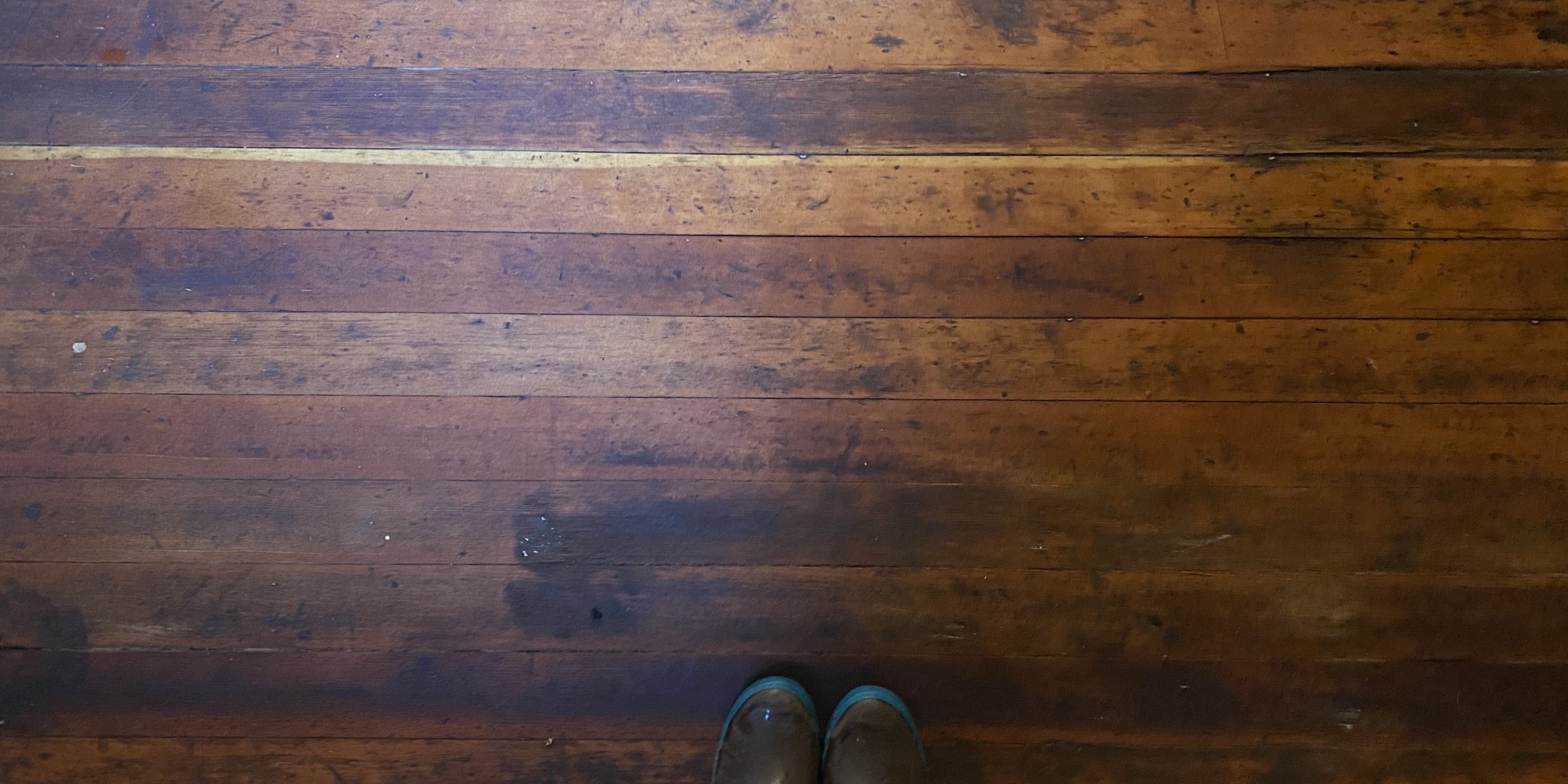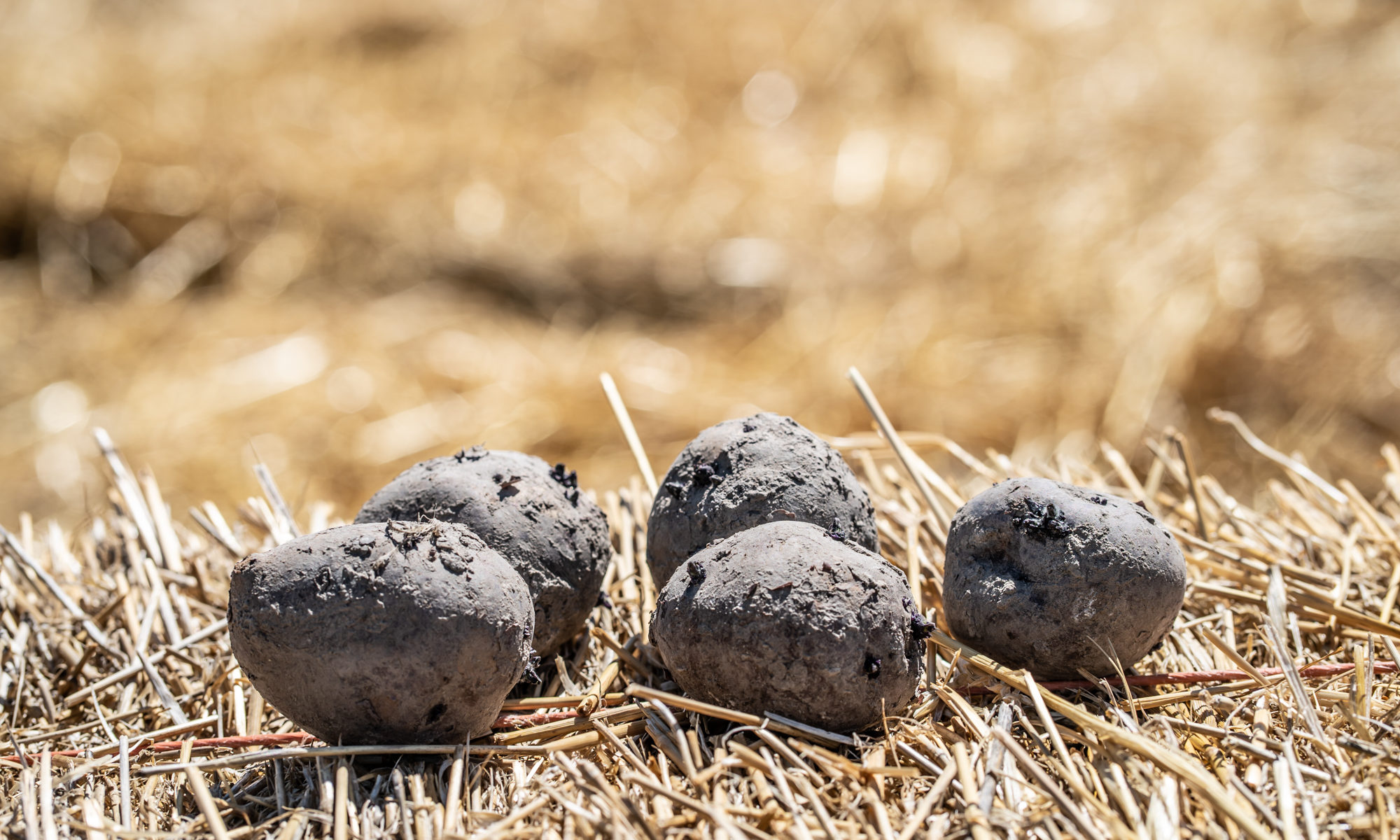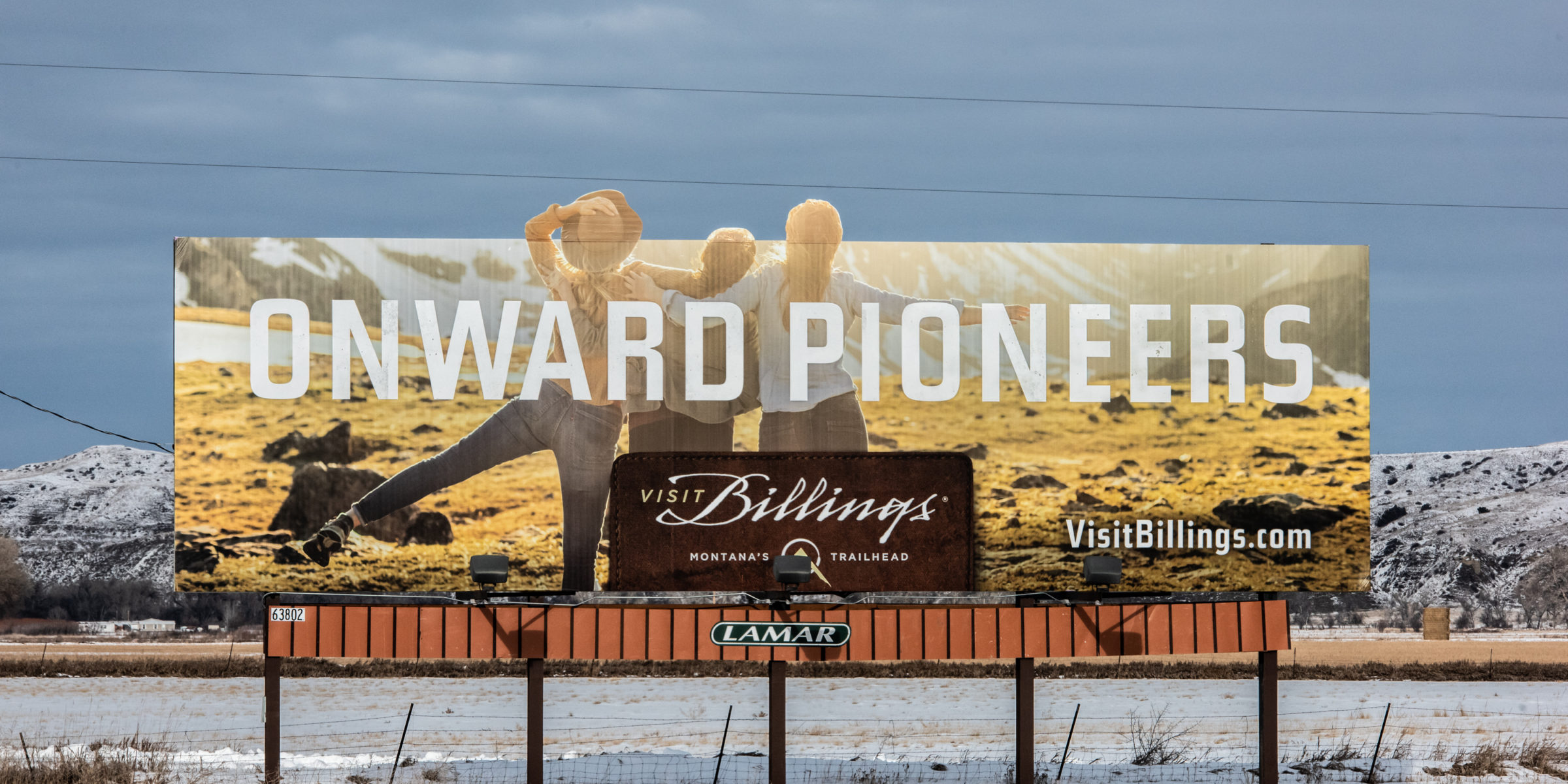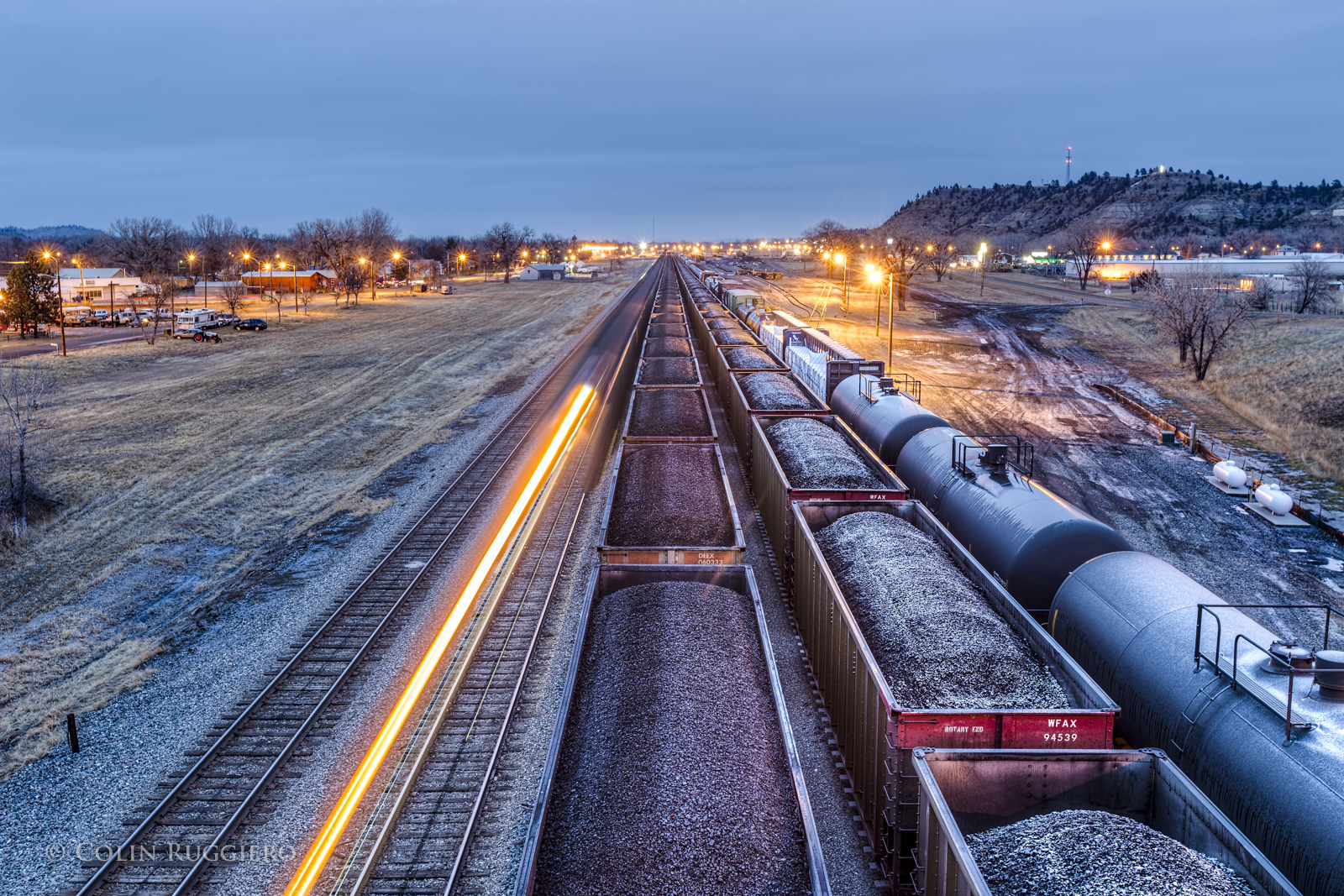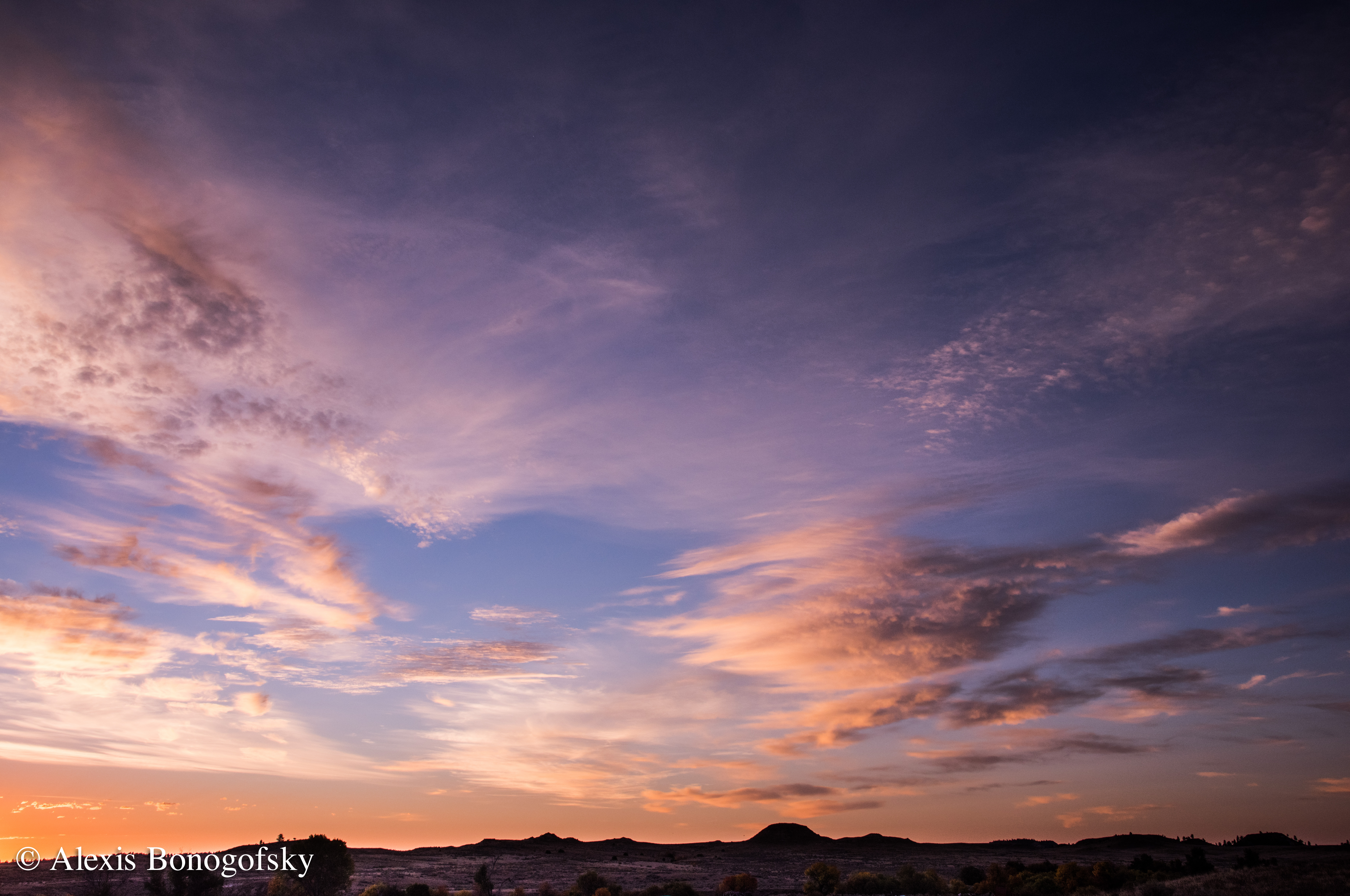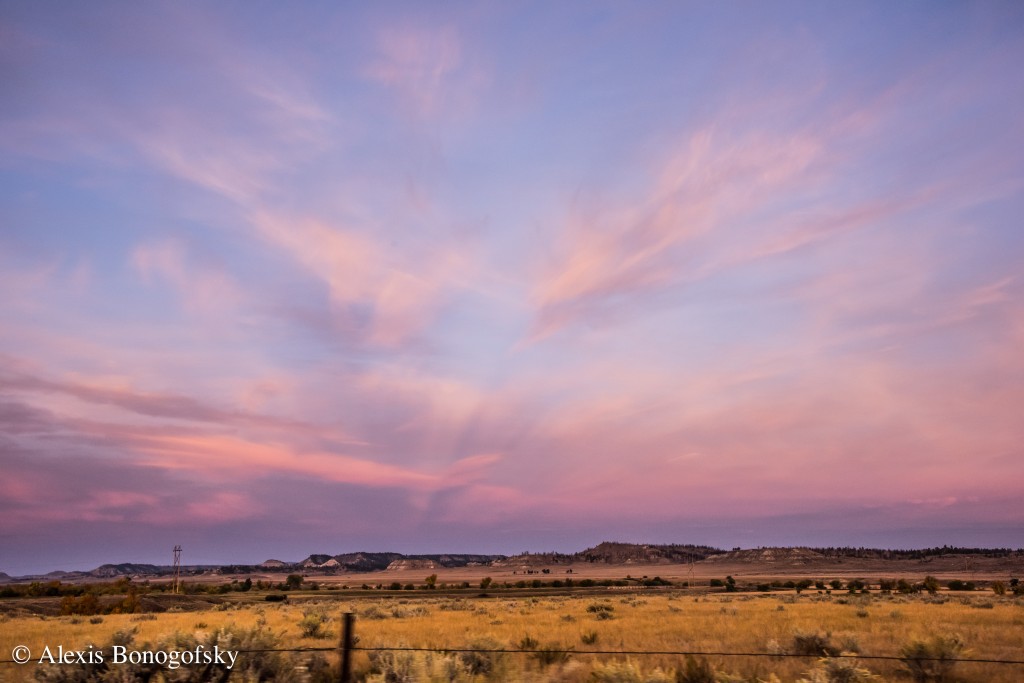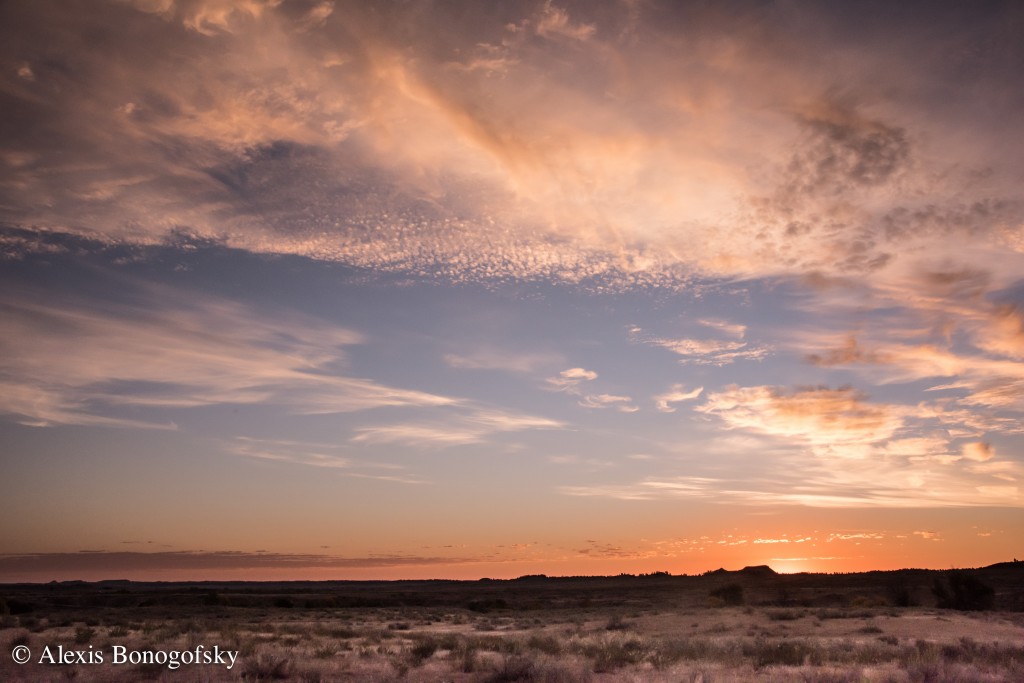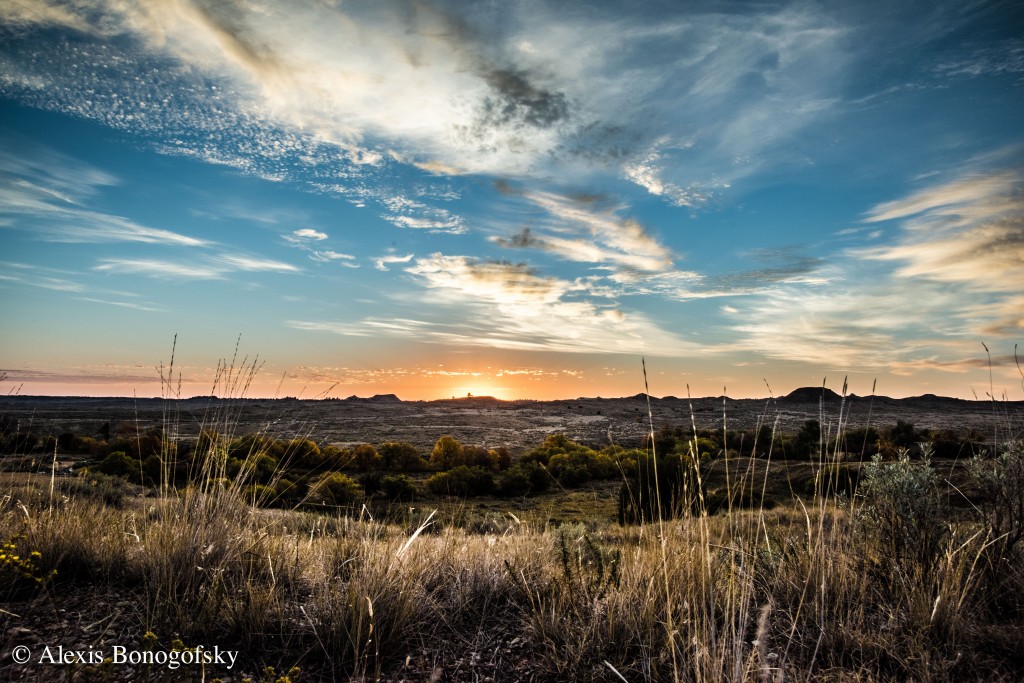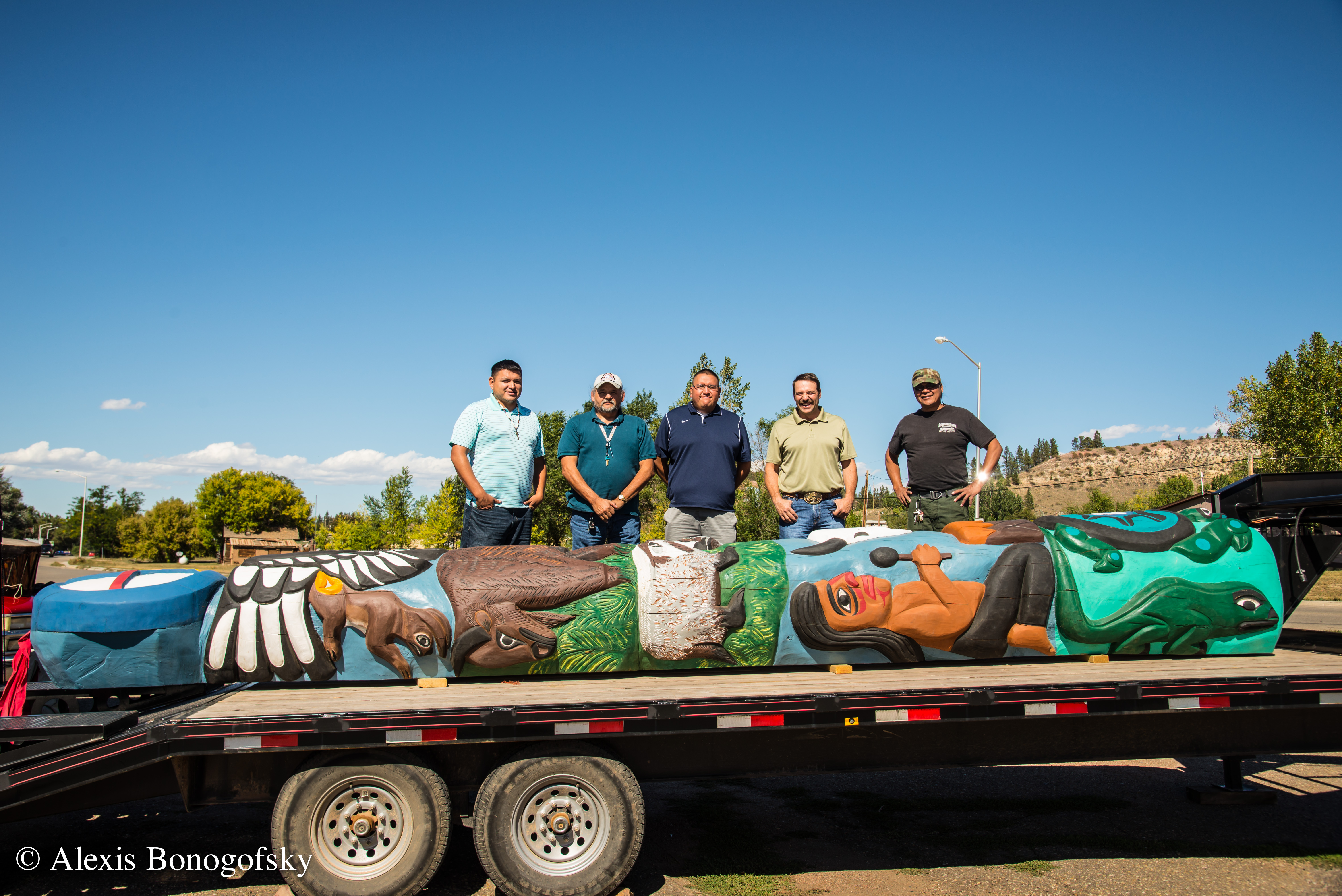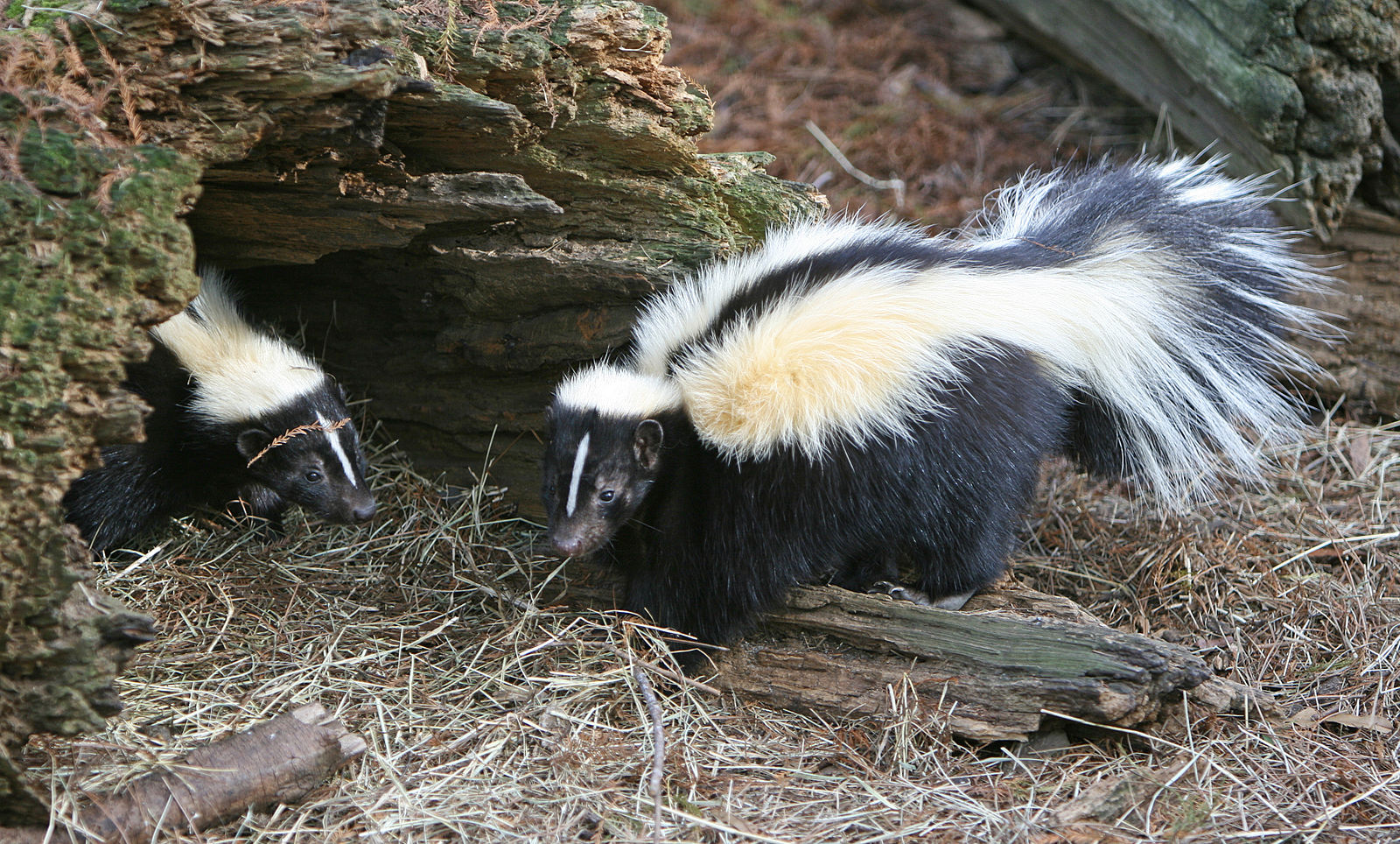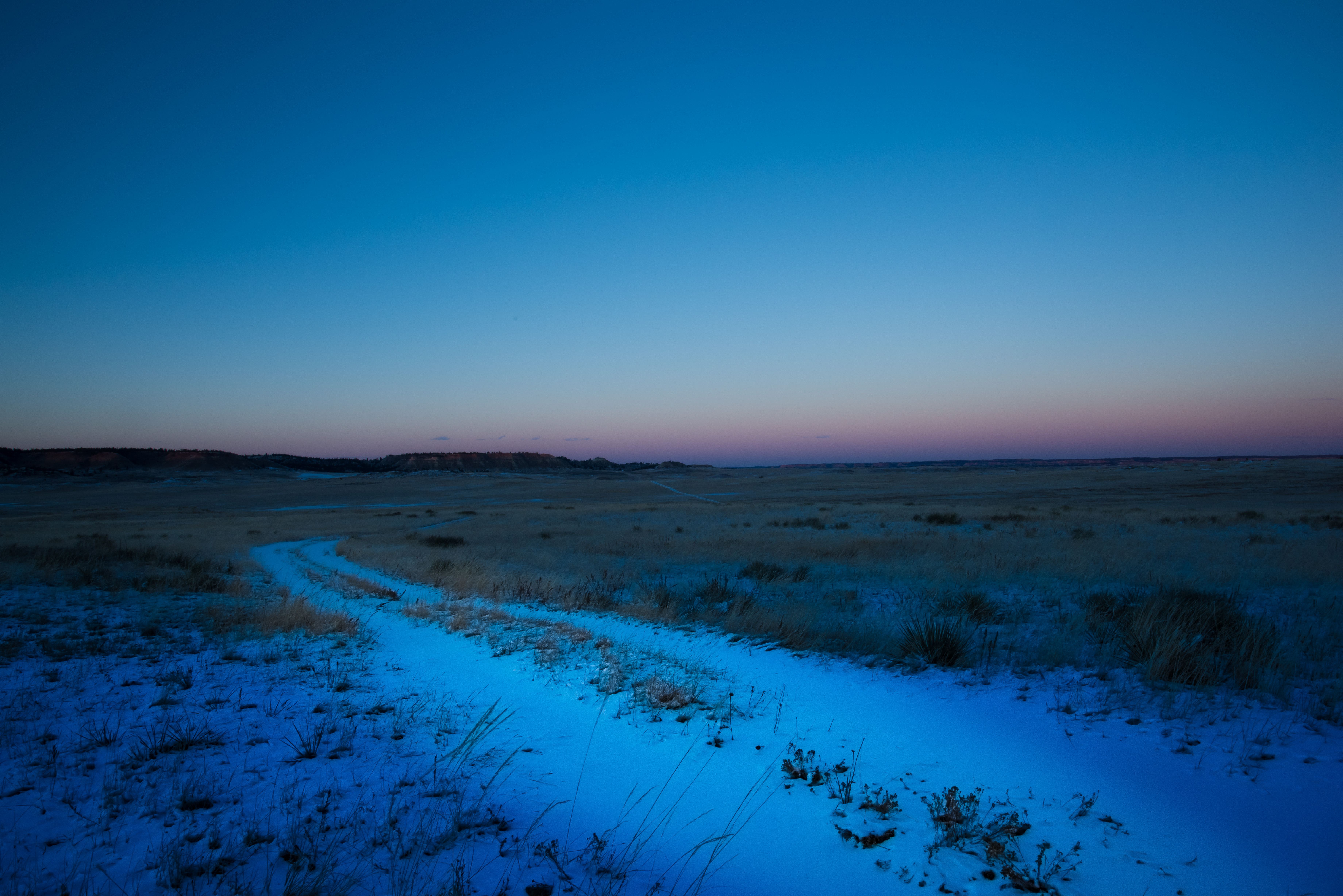Today, Arch Coal submitted a letter to the Surface Transportation Board asking that the agency suspend all work on the Tongue River Railroad permit and environmental impact statement.* Arch Coal and Burlington Northern Santa Fe are blaming the Montana Department of Environmental Quality for being slow in issuing a permit for the proposed Otter Creek mine. I find that claim to be ridiculous considering Arch Coal has consistently left out entire required sections of their permit application and done shoddy work on what they did submit.
According to the Associated Press, the company stated that they hoped production at the Otter Creek mine might start by January 2017, but “with mine permitting delays and near-term market weakness, that timeline now appears unachievable.”
It was always unachievable.
BNSF spokesperson Matt Jones told the AP that,
“We have not withdrawn the application,” Jones said. “The TRRC has simply submitted a request to suspend the permitting process due largely to the ongoing delays to the mine permitting process.”
By ongoing delays I think he means that Arch Coal is on its way to bankruptcy, coal markets are tanking and, oh yeah, there is massive community opposition to the railroad and coal mine.
Bye, bye Tongue River Railroad.
“If there is such a thing as being conditioned by climate and geography, and I think there is, it is the West that has conditioned me. It has the forms and lights and colors that I respond to in nature and in art. If there is a western speech, I speak it; if there is a western character or personality, I am some variant of it; if there is a western culture in the small-c , anthropological sense, I have not escaped it. It has to have shaped me. I may even have contributed to it in minor ways, for culture is a pyramid to which each of us brings a stone.” Wallace Stegner, The American West as Living Space
*All photos taken on Rocker 6 Ranch in Rosebud County, Montana the morning of September 26, 2015. Thank you to the McRaes for providing me with opportunity to photograph their amazing place.
“If there is any hope for the world at all, it does not live in climate change conference rooms or in cities with tall buildings. It lives low down on the ground, with its arm around the people who go to battle everyday to protect their forests, their mountains and their rivers because they know that the forests, their mountains and their rivers protect them. ” – Arundhati Roy.
On Monday, I sat on the bench just outside the Northern Cheyenne Tribal Council chambers. At 12:24 my friend who was in the room walked out and held up his fist; the Northern Cheyenne Tribal Council voted unanimously (9-0) in favor of a resolution introduced by Councilman Conrad Fisher to oppose the Tongue River Railroad. I turned and looked down the hallway to the north to see the totem pole carved by Jewell James of the Lummi Nation for the Northern Cheyenne people arrive in the parking lot. Then, I cried.
We have come so far in the almost six years since the Otter Creek coal tracts were leased to Arch Coal in March of 2010. After the Montana State Land Board voted 3-2 to lease the coal, there was a sense of resignation and inevitability; the coal would be mined, the railroad built. Many people felt powerless, not in the general, overwhelming global forces sort of way, but in a very specific way caused directly by that vote.
If you remember, the public, both in southeastern Montana and across the state, was overwhelmingly opposed to the leasing of the Otter Creek tracts. Tens of thousands of comments were submitted against it, there were packed public hearings, rallies, you name it, yet we lost the vote anyway.
Then, on the very same day, the same elected body voted to protect the Flathead River from coal mining. The Flathead River is special and the Tongue River, well, those people should be grateful for the economic development opportunity we’re giving them.
This is not a new story east of Billings. It is a story that has been recited to us since the 1970s and it’s powerful. It defines how we think about the problems in our communities and also tells us what the solutions are. This story doesn’t like to be challenged.
We hear it loud and clear. The storytellers say our worth is based on what is under our feet: burn it, mine it, sell it. They tell us it is the best we’re gonna do and we should be grateful because they are giving us the opportunity to fight for the scraps from corporations as they dig up the land and ship it overseas. They tell us to take what we can get.
No more. We are changing the story.
Luckily for the world, there are fighters in southeast Montana keeping billions of tons of coal under the ground because they love that land. The old story is losing its power.
This vote didn’t just arise out of the ether although I’m sure many decision makers were surprised by it, especially those from the Surface Transportation Board and the State of Montana. However, they wouldn’t have been surprised if they had paid attention to what was happening in southeast Montana the last six years.
The vote was, in a sense, the inevitable outcome of thousands of volunteer hours that Northern Cheyennes spent organizing, gathering signatures, cooking for feeds, setting up and taking down events, talking to friends and families, traveling and speaking at public meetings, singing, drumming and praying. This is what community organizing looks like.
A lot of people want to know what the vote means. I’m obviously not Northern Cheyenne but I’ve been lucky enough to walk alongside those fighting to protect their homelands. To me, this vote means that community organizing works. It means that when you engage people without fear, with an open heart and without prejudice you not only gain allies, you build community. It means people understand that the land and water are more valuable than anything that can be taken and sold from it.
It means the Northern Cheyenne Tribe and its people are keeping billions of tons of coal in the ground and they should be honored for their actions.
The fight is far from over. The proposed Otter Creek mine and Tongue River railroad are not dead yet but we are getting closer. The difficult part in front of us is creating a sustainable economy that works for people in southeast Montana. We know we won’t get much help from the state of Montana as they are still stuck reading the old story.
But, as Naomi Klein said the other day, “difficult is not the same thing as impossible.”
This is the last day to submit comments to the Surface Transportation Board regarding the draft EIS for the Tongue River Railroad. You can submit online comments here.
On a recent Sunday at 3:45 a.m. a horrendous smell woke me up. My first thought was the farmer-engineered wiring in the old house started on fire. I tried to go back to sleep hoping I could catch a couple of extra minutes before the house burned down but the smell was so bad I was compelled to get up. I walked through the house, the smell becoming more pungent with each step, until I came upon my dog Ole. I walked up to him, leaned over, and took a big whiff. I almost threw up. Skunk juice was still dripping from his face. You are wondering how this relates to oil pipelines.
Well, let me tell you.
Last Friday, I attended a U.S. Senate field hearing in Billings, requested by Montana Senator Steve Daines, concerning the Pipeline and Hazardous Materials Safety Administration (PHMSA). I know, very thrilling. Little time was spent on the stated purpose of the hearing which was to “to examine how effectively the agency is overseeing and enforcing pipeline rules.”
I didn’t learn anything new about the effectiveness of PHMSA and I doubt that Senator Daines did either although he was not shy about using the platform to push for the Keystone XL pipeline. (Daines should note that many of the oil refinery workers in Billings are opposed to the Keystone XL for reasons you can read here.)
What I did learn is that Yellowstone County Commissioner John Ostlund and I remember the 2011 Exxon oil spill on the Yellowstone River very differently. It is unclear to me why he was considered an expert witness on the effectiveness of PHMSA since he didn’t mention one pipeline regulation or give an example of anything related to the agency in his testimony. I feel the need to address his testimony on the Exxon oil spill because I am an impacted landowner who doesn’t feel, as he put it, like “we ended up with a finished product we are all proud of.”
Somehow it’s almost hunting season again. And that means it is time for me to start preparing myself for the first morning of the season.
Seriously, 4:00 a.m? What kind of bullshit hour is this? Is it night or day? Why can’t it make up its mind?
Coffee.
Coffee.
Coffee.
God, I love coffee. What would I do without it? Do climate change deniers realize what is happening to the coffee crop? They must not, because if they did, we’d already have a global carbon tax.
God, I love bed. What would I do without it? It’s so warm. It’s so nice. I bet my bed misses me right now. I wonder if I should go back and check on it to make sure it’s ok?
The truck better be warmed up.
Damn, it’s cold. You know where it’s not cold? My bed.
